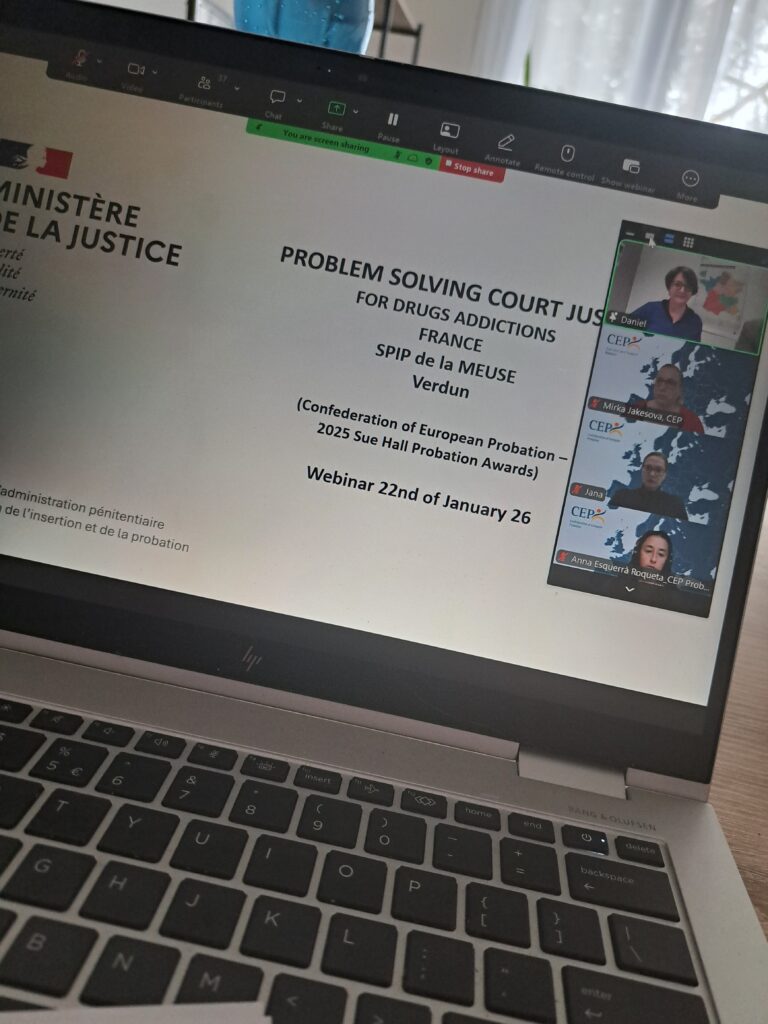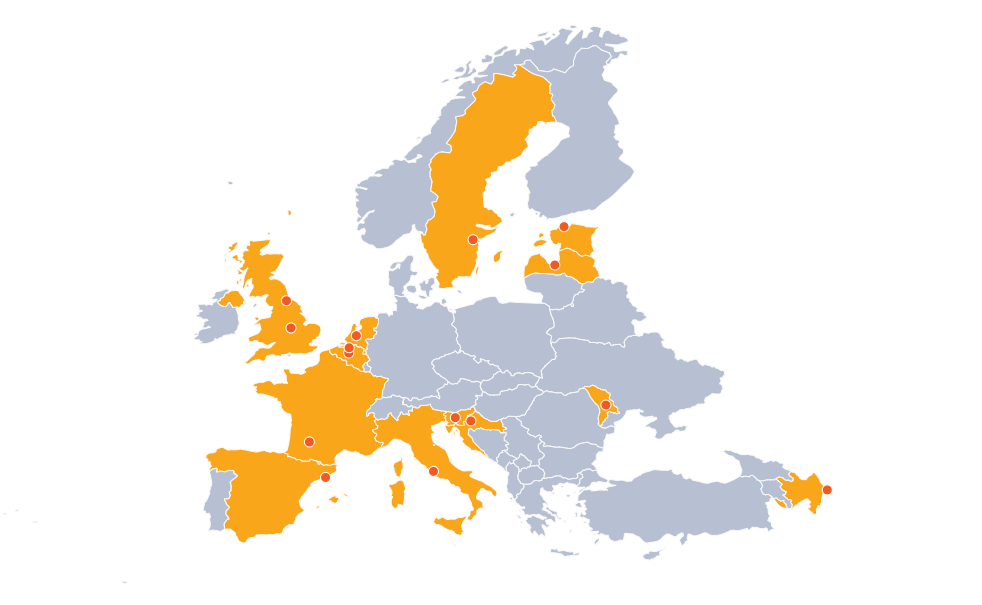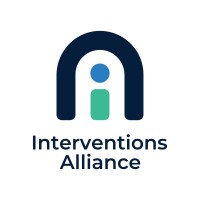Previous Article
News
The launch of location monitoring tags in England and Wales
The Ministry of Justice has now successfully introduced location monitoring across England and Wales. The roll-out of satellite-enabled tags is the most significant change in Electronic Monitoring (EM) since 1999, and provides a valuable extra tool for probation staff to manage offenders in the community.
An article by Robert Cochrane, Business Change Manager in the Electronic Monitoring Programme, HMPPS
While curfew-only tags will continue to be appropriate for the majority of offenders subject to EM, and curfew can also be monitored on a GPS tag, GPS tags offer additional monitoring options, including:
- checking compliance with exclusion zones;
- checking attendance at programmes or activities;
- providing data about an individual’s whereabouts to support rehabilitative conversations, known as trail monitoring.
The possibilities
Location monitoring options can be very precisely tailored to the individual, specifically addressing their patterns of behaviour in a much more sophisticated way than was previously possible. A tag can monitor multiple conditions or requirements, such as a combination of exclusion zones, curfew, monitored attendance and trail monitoring. Moreover, if, for example, an offender manager wanted to keep a subject away from a particular area, but the individual had to travel through this zone to get to work, it would be possible to create a transport corridor to allow them to enter the zone along a particular route at specified times. The tag can therefore support a robust approach to managing an offender’s risk that is proportionate and tailored to the individual’s lifestyle.
The Ministry of Justice adopted a phased approach to the rollout of location tags, which began in the North West and Midlands in November 2018. Location monitoring is available as an option for the post-custody cases of Home Detention Curfew and some Parole Board cases. It is also available for the court cohorts of Community Orders, Suspended Sentence Orders, and Court-imposed bail in an increasing number of areas.
The tags have the potential to divert some offenders from custody and incentivise the right behaviour from those under supervision in the community. They are being targeted at offenders where location-based restrictions can offer an appropriate punishment and/or response to patterns of offending and support rehabilitation. Criminal Justice stakeholders have fed back that location monitoring can be particularly useful for offence types such as acquisitive crime, as well as providing an additional assurance for victim protection. It is nevertheless important to note that the tags will not prompt an instant response in the event of a breach, and therefore caution should be exercised in cases where the impact of a breach would create a risk of serious harm.
The benefits of location tagging have been demonstrated by an 18-month GPS Pilot the Ministry of Justice ran from late 2016. Subjects on tag found that the technology acted as an effective deterrent against breaching exclusion requirements, but also emphasised the positive impact it could have on them. In particular, offenders valued that it kept them out of custody and encouraged them to adopt a much more normal routine, as well as providing an incentive away from negative behaviour patterns. Some offenders even requested that the tag stayed on their leg after their order had ended, because it proved they hadn’t committed further offences.

Battery capacity
A significant learning point from the pilot concerned the charging of the battery. As the GPS technology involved requires more power than a curfew tag, offenders must charge their tag daily. This presented a challenge for many subjects in the Pilot; 58% of breaches were for battery management. We have taken action to address this: the tags we are now using last approximately twice the length of time as those used in the Pilot, while subjects are reminded to charge via a phone call at 20% battery charge, and the tag vibrating and illuminating at 10% charge. We have also produced a Youtube video to support subjects and their family in complying with their orders, with a strong reminder of the need to charge for an hour every day. We provide subjects with portable chargers so that charging doesn’t have to restrict their movement.
Multi-agency co-operation
As location monitoring impacts stakeholders across the Criminal Justice system, the rollout of the service has been accompanied by extensive engagement with other agencies, including HM Courts and Tribunals Service, HM Prison and Probation Service and the Police. We are reliant upon and very grateful for the support our stakeholders, which is crucial to ensure the technology is used and its maximum benefits are realised. In the first months of the service we have worked hard to ensure that stakeholders have been involved in the rollout, able to feed back to us and to refine our system to best suit their needs. In particular, the EM team has been engaging in depth with individual Police forces and addressing their concerns about the process and the resources required by the new service. We have experienced significant progress in this area, and have been able to secure the support of several forces who were initially not involved in the roll out of the programme. From the 1st of April, the service will be live across the country for post-custody cases, and the EM team will be continuing to engage with police forces to bring on board more court areas.
Are you interested in reading the full evaluation report? Please click on the link.

Related News
Keep up to date with the latest developments, stories, and updates on probation from across Europe and beyond. Find relevant news and insights shaping the field today.
New

Alternatives to pre-trial detention, Community Sanctions and Measures, Framework Decisions, Technology
Future of Criminal Justice: CEP’s Contribution to Key 2025 Dialogues
27/01/2026
Throughout 2025, CEP and its representatives actively participated in the online Technical meetings ahead of the HLF as well as the High Level Forum on Future of Criminal Justice taking place on 4-5 March 2025, 20-21 May 2025 and 1-2 October 2025 in Brussels, Belgium.
Recap

Alternatives to pre-trial detention
Recap: Webinar on Alternatives to Detention 2026
26/01/2026
On Thursday 22 January, CEP hosted the first webinar of 2025 on the topic of Alternatives to Detention. The session led by Ms. Marina Pajoni from the French Prison and Probation Service titled „Problem Solving Justice in Pracitce: The Meuse Probation Service´s Approach to Drug Addiction“ introduced an innovative programme developed by the Meuse Probation Service in close cooperation with the French Ministry of Justice.
New

Education and Training
CEP launches an interactive European map of probation education and training institution contacts
22/01/2026
The CEP is pleased to inform its members that a new dedicated section has been developed on the CEP website featuring an interactive map of Europe.
New

CEP Events
CEP activity calendar 2026
20/01/2026
As we begin the new year, we would like to thank all CEP members, partners, and participants for your continued engagement and valuable contributions. Your involvement plays an essential role in shaping CEP’s work and activities.
We are pleased to share the CEP calendar for 2026, which provides an overview of the events planned for the year ahead. We look forward to continuing our collaboration and welcoming you to upcoming CEP activities throughout the year.
Thank you for being part of the CEP community.
New

CEP members, Gender-based violence
Interventions Alliance’s Eden House Recognized as Outstanding
15/01/2026
CEP is delighted to share that Eden House, an Interventions Alliance residential service for women with high-risk or complex needs on probation, has been rated “Outstanding” overall by HM Inspectorate of Probation. In 2022, Eden House was honored with the CEP Public Protection Award. Our sincere congratulations to the team for this remarkable achievement.
New

Education and Training
The Judicial Training Dashboard
14/01/2026
The European Training Platform (ETP) is a search tool for justice professionals. You can find self-learning materials on a great variety of EU law practice areas and related topics, as well as links to training providers’ homepages and course catalogues.
Subscribe to our bi-monthly email newsletter!
"*" indicates required fields
- Keep up to date with important probation developments and insights.

